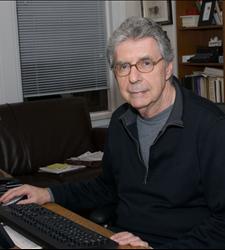Linked with Korean Women’s Association United , and with human trafficking.org.
She is one of the 1000 women proposed for the Nobel Peace Price 2005.
Sook-Im Kim began empowering women to make a difference in Korea in the late ’70s, in what she calls the « Dark Ages for women’s movements. » In the face of military dictatorship, a divided country, and an inflated national defense budget, women’s voices were silenced. Understanding that women’s welfare was at stake, Sook-Im pioneered the women’s peace movement by organizing the radical group, Korean Association of Christian Women, for whom she and her husband built a church and kindergarten. For 26 years, Sook-Im has modeled leadership in her quest for peace.
She says: « Female-oriented peaceful movements, measures, and mind have guided me into a vision for resolving the conflict in the Korean peninsula as a mediator of peace ».
. .
.
Sook-Im Kim – South Korea
She works for the Peace and Reunification Committee of the Korea Women’s Association,
for the Unification and Peace in Korean Women’s United Association,
and for the Korea Campaign to Ban Landmines (named on Landmine Monitor).
The daughter of a wealthy businessman, Sook-Im Kim was always encouraged by her parents to become socially active. But a quiet reader and musician, Kim preferred to keep to herself. She enrolled in Seoul’s Women’s University to study literature, and there her life took a sharp turn. As a jazz pianist and dancer, her performance of a masque dance caught the attention of the military police. Believing it was a form of government resistance, they sent Kim to prison.
Ironically, it was at this point that her true resistance began.
She became very ill in prison and an operation on her spine ended her days of dancing. But a new kind of dance was born. Upon her release from prison, she became an activist, fired by her first-hand understanding of an unjust political system.

 .
. .
. .
. .
. .
. .
. .
. .
.